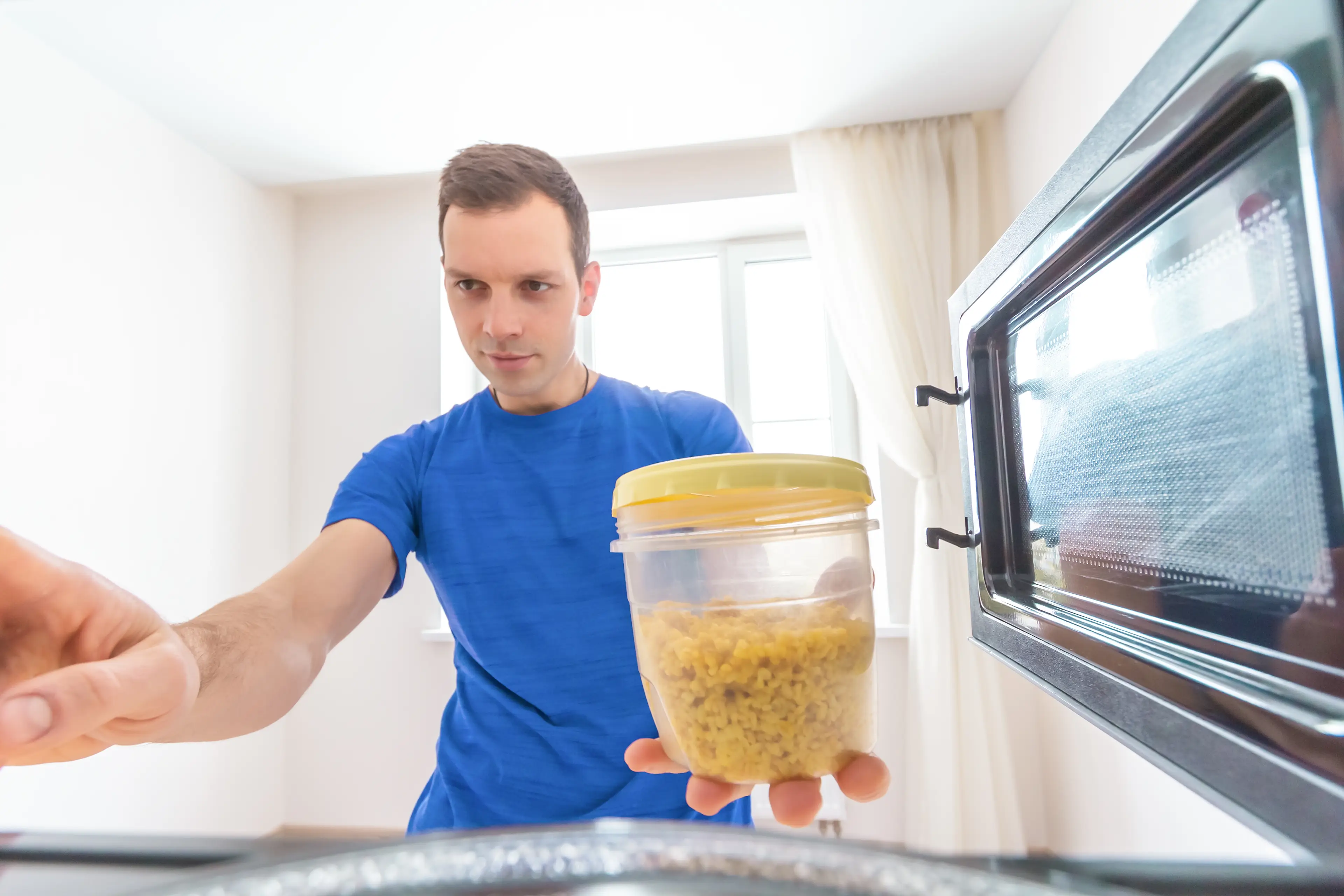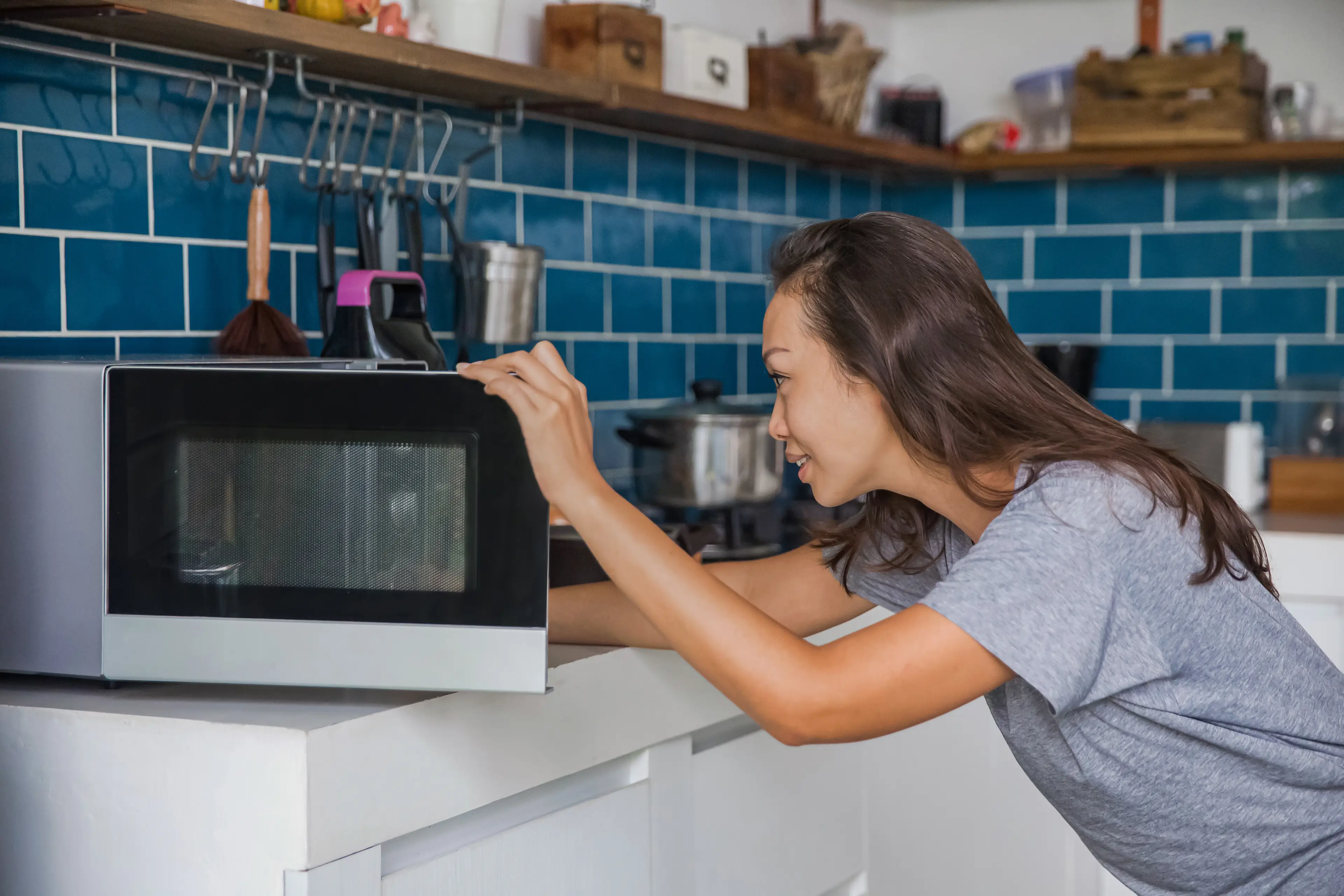
An expert has detailed the one potentially life-threatening action you should avoid when eating a leftover takeaway.
Particular after a long day at work, there's nothing better than getting home sticking the tele on and ordering a takeout.
I mean, who wants to cook after the day from hell at work?!
And if your eyes are a bigger than your belly, then you might even have some food leftover for tomorrow's dinner too - but you're certainly going to want to be careful when it comes to reheating it.
Advert
Of course, it's well known you need to reheat rice at least 165 degrees to avoid a toxin-producing bacterium called Bacillus cereus.

Emily Hovis, an assistant teaching professor at the University of Washington School of Public Health, told Right as Rain by UW Medicine: "[The bacteria] survives the initial cooking process as a spore and if [the rice is] left out at room temperature, it’ll produce toxins.
"So even when you reheat [rice], you’re killing the vegetative cells, you’re not destroying the toxins."
Experts are even warning against reheating your takeaway food in the same container it came in from the provider.
Shanina Knighton, an associate professor at Case Western Reserve University, told her employer: "When these plastics are heated, they can break down and release harmful chemicals into your food, increasing your exposure to toxins.
"The hotter, greasier, or more acidic your food is, the more likely these chemicals will leach into your meal."
Doctors have also warned that using plastic containers in microwaves to reheat food could be increasing people’s exposure to microplastics, ultimately increasing their risk of dementia.
Dr Nicholas Fabiano, from the University of Ottawa's Department of Psychiatry and lead author of the commentary, said: “The dramatic increase in brain microplastic concentrations over just eight years, from 2016 to 2024, is particularly alarming.
“This rise mirrors the exponential increase we're seeing in environmental microplastic levels.”

Meanwhile, Dr Brandon Luu, an Internal Medicine Resident at the University of Toronto, explained people should consider switching away from plastic when warming up their food.
He said: “Heating food in plastic containers—especially in the microwave can release substantial amounts of microplastics and nanoplastics.
“Avoiding plastic food storage and using glass or stainless steel alternatives is a small but meaningful step in limiting exposure.”
Food Network recommends glass bowls or plates when reheating those leftover goodies.
Topics: Food and Drink, Health, Science
